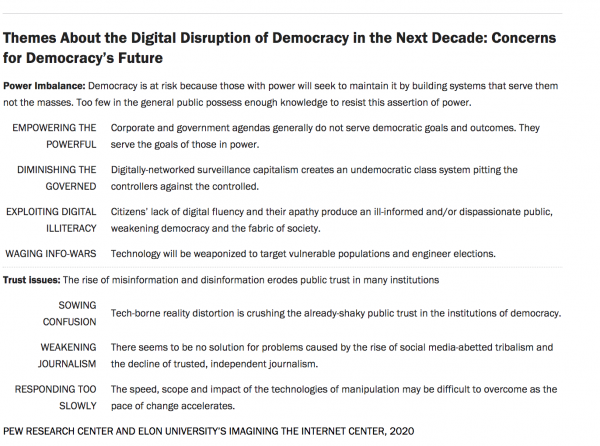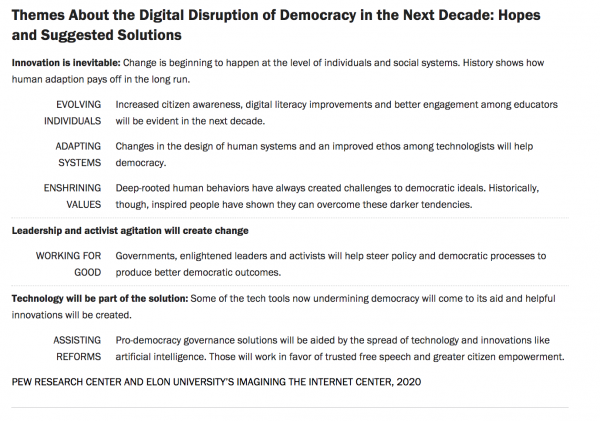Michael A. Johansson & Daniela Saderi in Nature: “The public call for rapid sharing of research data relevant to the COVID-19 outbreak (see go.nature.com/2t1lyp6) is driving an unprecedented surge in (unrefereed) preprints. To help pinpoint the most important research, we have launched Outbreak Science Rapid PREreview, with support from the London-based charity Wellcome. This is an open-source platform for rapid review of preprints related to emerging outbreaks (see https://outbreaksci.prereview.org).
These reviews comprise responses to short, yes-or-no questions, with optional commenting. The questions are designed to capture structured, high-level input on the importance and quality of the research, which can be aggregated across several reviews. Scientists who have ORCID IDs can submit their reviews as they read the preprints (currently limited to the medRxiv, bioRxiv and arXiv repositories). The reviews are open and can be submitted anonymously.
Outbreaks of pathogens such as the SARS-CoV-2 coronavirus that is responsible for COVID-19 move fast and can affect anyone. Research to support outbreak response needs to be fast and open, too, as do mechanisms to review outbreak-related research. Help other scientists, as well as the media, journals and public-health officials, to find the most important COVID-19 preprints now….(More)”.


